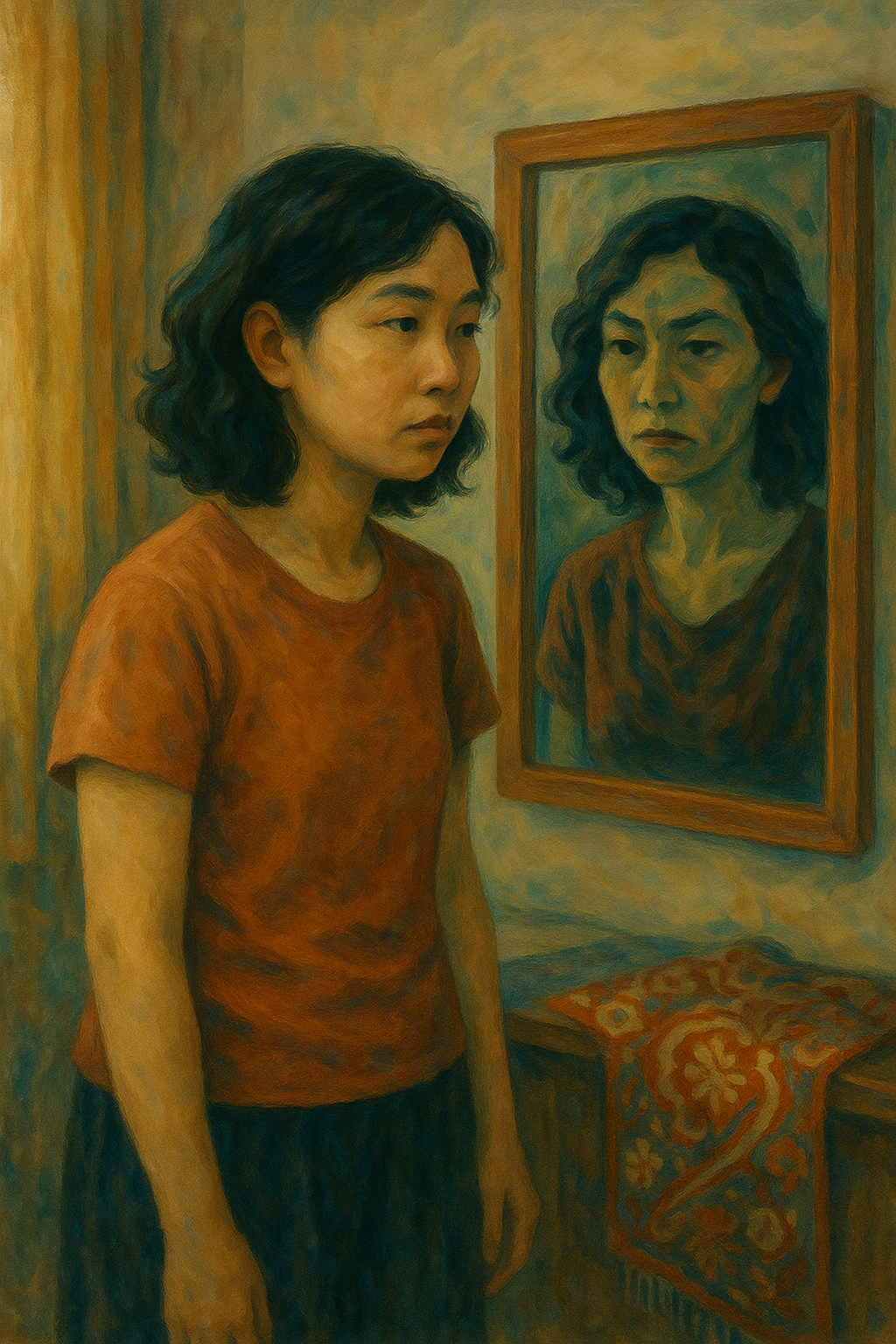The Villian in our Own Story

In a world where we believe in good and bad, right and wrong, we are the protagonists of our own lives. But in some perspectives, we are the villain.
We walk through life as the main character of our story. It's our perspective, our history, our universe. I can never fully understand everything you’re going through, just like you can’t fully understand me. But the older I get, the more I reflect, the more I realize how murky the lines are between hero and villain. The truth is, sometimes I am both at once. I might think I’m helping, but from another perspective, I’m hurting. I might feel like the victim, but in that same moment, I’m also the antagonist—it all depends on the lens you look through.
I don’t know anyone who intentionally sets out to be malicious. Even in the most extreme cases, people who commit horrific crimes, in the depth of their minds there’s some justification in their mind—a belief that they’re serving some greater purpose or getting rightful revenge. History, trauma, experiences—they build up, stacking one on top of the other until it spills over. Moments of domestic violence or alcohol abuse. These things don’t happen in isolation; they’re often part of a cycle, passed down, normalized.
Sometimes, I can feel cycles of anger and frustration stirring in me. Certain things trigger me, and when they do, I become a person I don’t recognize—someone hard to be around. In those moments, I’m wrestling with demons, trying just to survive. But who gets hurt in the meantime? Who feels the ripple effects of my storm? It’s taken a long time for me to reflect on these situations and think about this honestly.
I’ve thought about this in my relationships. My mother for example, that bond is unique—she made me, I came from her, we are forever linked. But the way I was raised, it sometimes felt like I was kept in a box, held to expectations that were bound to make me feel like a failure. I felt trapped, full of guilt and ashamed. But from her perspective, she was doing the best she could, giving me the structure she thought would lead to a good life. In her story, she’s the hero. In mine, sometimes she’s the villain. But it’s never that simple. It never is.
The same goes for breakups and friendships. In the depths of heartbreak or betrayal, it’s so easy to paint the other person as the villain. Sometimes it’s the truth, but again, It’s almost necessary—to cast them as the monster so you can heal. It’s a survival tactic. But deep down, we know that’s not the full story. It’s just the version that helps us cope. Regardless of who was really right or wrong, the situation becomes so entangled in emotions that in the end, everyone loses but we all have to move on.
I think about this when I remember an episode from How I Met Your Mother, the 'Chain of Screaming.' Someone yells at you, you yell at someone else, and the chain continues. In every link, there’s a victim and a villain. But life isn’t a sitcom. We don’t get to watch the whole sequence unfold neatly in thirty minutes. We just feel the impact, sometimes without understanding the origin.
We’re told to treat people how we want to be treated. But someone once told me something that stuck: “Treat people how they want to be treated”. Because while we’re all the stars of our own worlds, the universe doesn’t revolve around us. We can’t know the battles others are facing. Life isn’t a movie where we can rewind and view the full arc of their story. While we’re caught up in our own narratives, it’s easy to forget that everyone else is living their own story, shaped by their own pain, triumphs, and flaws. All we can do is try our best.
It’s only now, as I get older, that The Five People You Meet in Heaven by Mitch Albom really resonates. The idea that we move through this world, brushing up against so many lives, leaving fingerprints we’re not even aware of. Sometimes, we are the hero. Sometimes, the villain. Most times, a bit of both. We are human after all—imperfect, learning, and trying to navigate the messiness of relationships and the weight of our own emotions.
If we truly understood that impact—if we could see the full picture—would it change how we live? Would it change how we treat the people we love? The people we barely know?
Maybe the best we can do is remember that in someone else’s story, we’re just a character. And we don’t always get to choose the role we play. In the end, life isn’t about being the hero or the villain. It’s about acknowledging the impact of our actions, understanding that our story isn’t the only one. The only thing we can control is our own narrative and all we can do is to be more mindful of how we move through the world.